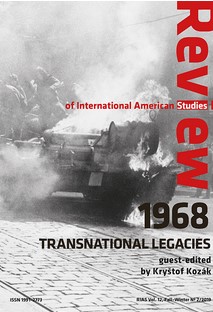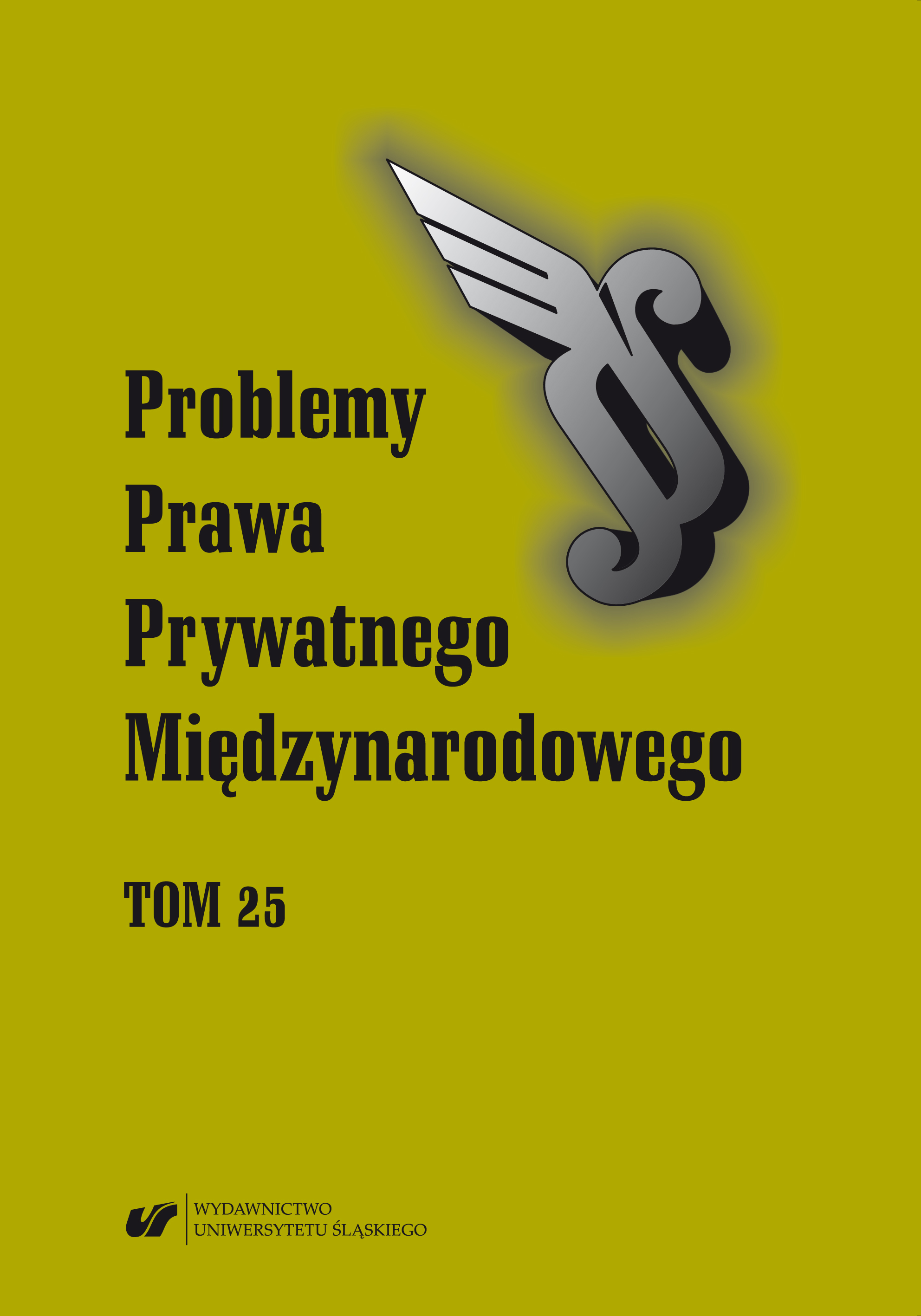
Counter-revolution, or Authentic Socialism? American Far-Left Reactions to the Czechoslovak 1968
For the majority of Leftists in the 1960s, the Soviet Union ceased to be intellectually and ideologically inspiring. Both Soviet Communism and Western capitalism at that time represented “the System” which offered universal manipulability and universal marketability as its only alternative modes. Thus, the Left searched for authentic socialism, whether in the Marxist-humanist philosophy, in the Third World revolutions, or in the local socialist traditions. However, even though the global Left faced several general problems common to all Cold War worlds, there were also important contextual differences which prevented the common base from further development. Following this general context, this article will focus on the Left in Czechoslovakia and in the USA, particularly on the question whether the Czechoslovak reform movement of the late 1960s was inspiring for various groups on the US Left. With regard to the US left-wing reactions to the Prague Spring or to the resistance of Czechoslovak people against the Warsaw Pact invasion, the article will pay attention especially to the discursive dichotomy of authentic socialism vs. counterrevolution.
More...


